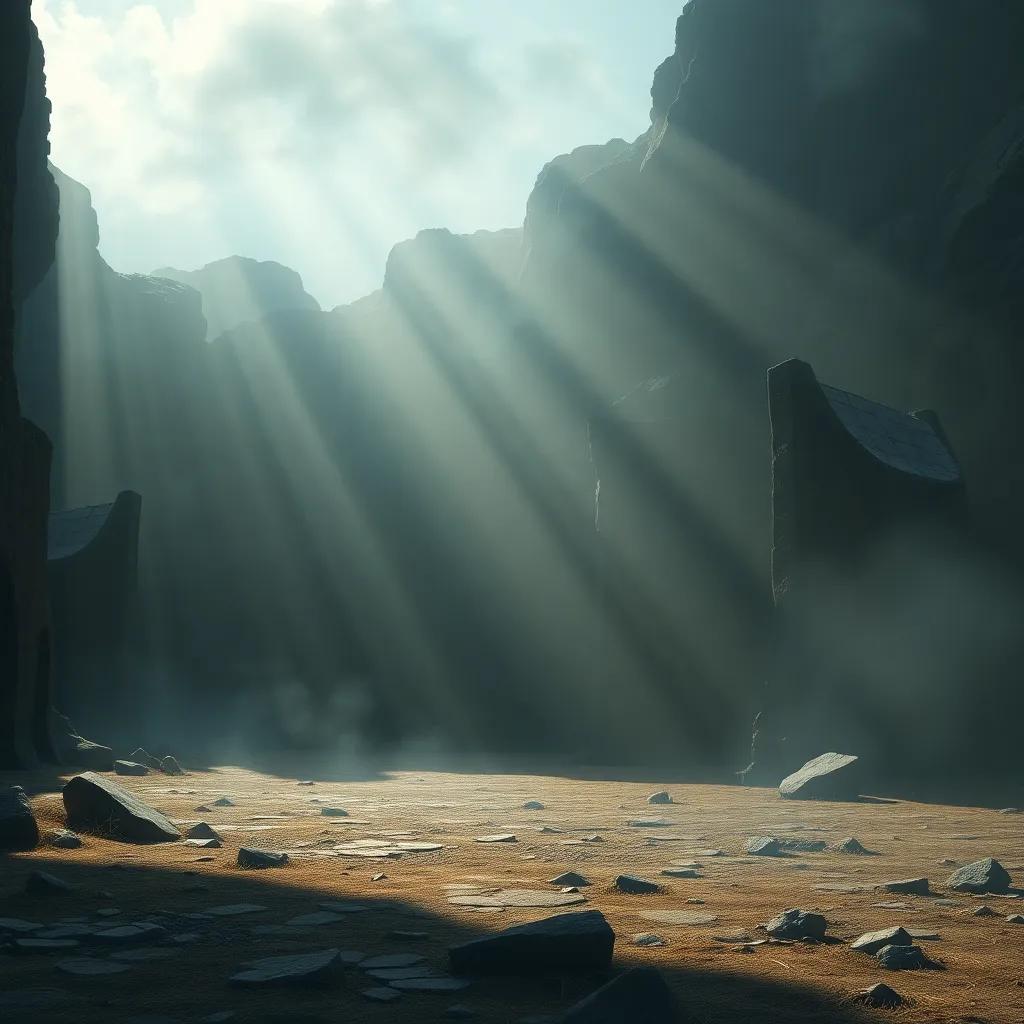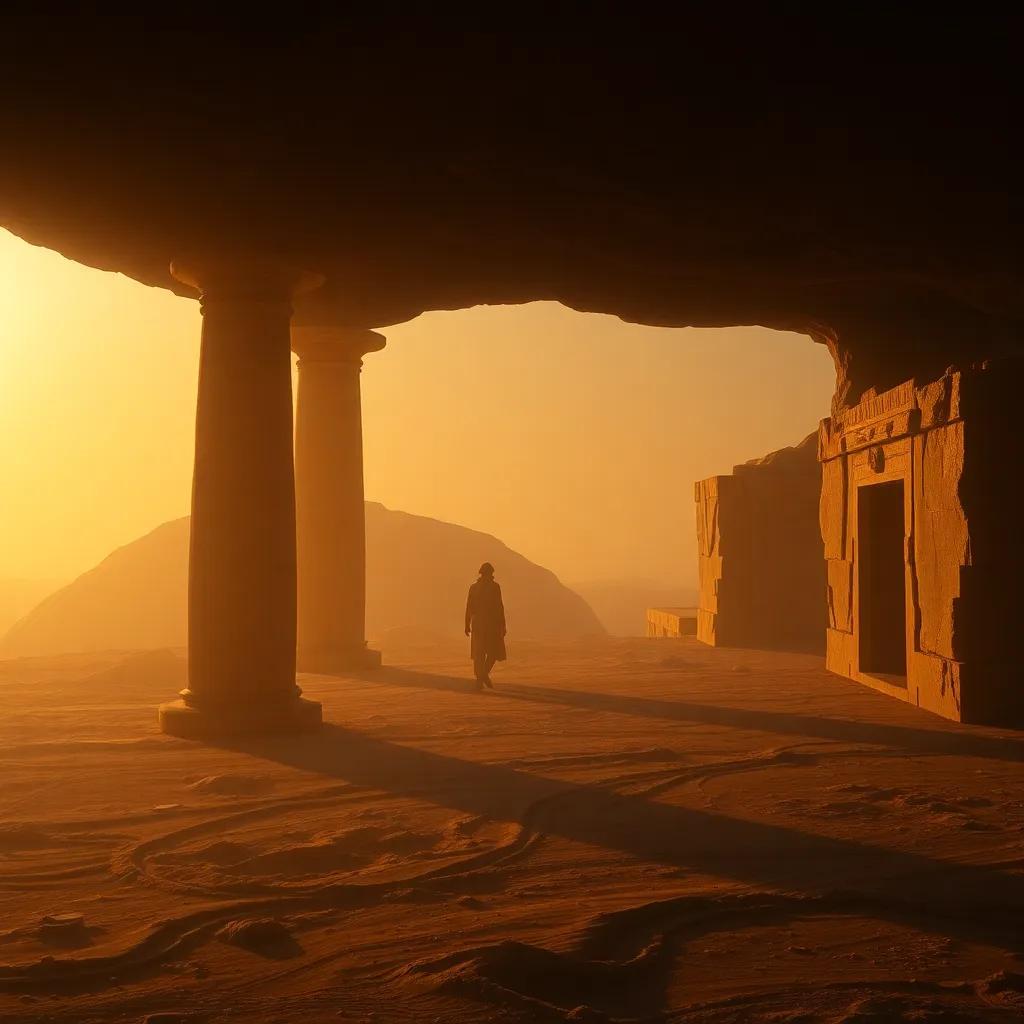Table of Contents
Ancient Intelligence Unleashed

Did the ancients possess a form of intelligence that can be likened to today’s artificial intelligence? Surprisingly, evidence suggests that important feats of engineering and knowledge may imply an advanced understanding of efficiency and automation long before our modern computer age. Exploring this notion is vital as it may reshape our perception of intelligence through the ages. In this article, we will delve into ancient automation methods, decipher technological myths, and evaluate how ancient civilizations could have laid the groundwork for smart systems.
Ingenious Automation: A Peek Into The Past
Ancient civilizations made remarkable strides in automating tasks, hinting at a deeper understanding of problem-solving and efficiency. They invented mechanisms that resemble today’s automated systems.
- Water Clocks: The Clepsydra, an ancient water clock, regulated time awareness, showcasing a mechanized approach to monitoring.
- hero’s Engine: Invented by Hero of Alexandria, this steam-powered engine illustrated an early grasp of potential energy and motion.
- Automated Statues: In ancient Greece, mechanical figures were created to perform simple tasks or entertain audiences, hinting at an understanding of engineering and mechanisms.
These innovations depict early attempts to create systems that could perform functions autonomously. While it’s a stretch to call this ‘AI’, they initiated the idea of machines helping humans, which is a cornerstone of modern artificial intelligence. The automated wonders of the past serve as stepping stones to our current technological landscape.
Myths vs. Reality: Unmasking Ancient Technologies
When we think of ancient technologies, myths often cloud our understanding.Many tales exaggerate capabilities that ancient civilizations supposedly possessed regarding intelligence and automation.
Myth: Egyptians built the pyramids with aliens’ assistance and advanced machines.
fact: Extensive evidence shows that the Egyptians relied on thousands of skilled laborers, simple tools, and clever engineering techniques. They organized the workforce and used ramps to build these monumental structures.
Myth: Roman engineering was purely manual and not innovative.
Fact: The Romans used advanced techniques like concrete and the arch,which allowed for unbelievable structural innovations within their cities.
Myth: The Greeks had fully functioning robots.
Fact: While they did create mechanical automata, these were far less advanced than what we perceive as robots today.
These contrasting narratives reveal the nuances of understanding ancient technologies.By discerning fact from fiction, we can appreciate how these civilizations influenced our understanding of technology today.
The echoes of Legacy: Intelligent Systems Emerge
As we examine the history of ancient automation and technological myths, one truth remains clear: the drive towards innovation runs in humanity’s DNA. Ancient civilizations may not have created what we consider artificial intelligence, but their ingenious solutions foreshadowed many principles that underpin modern technology.
Technological advancements do not arise in a vacuum; they are built upon the milestones of previous cultures. Thus, the ingenuity of the ancients provides valuable insights into the journey towards contemporary revolutionary technologies. Recognizing their contributions affirms that intelligence can manifest in numerous forms, from manual labor to sophisticated systems.
Timeless Innovations Resurface

In essence, ancient civilizations may not have harnessed artificial intelligence as we no it today, but their innovative spirit laid the groundwork for future advancements. The quest for automating tasks and enhancing efficiency echoes through time and continues to inspire modern inventions.
The most important lesson here is that innovation is a continuum,built on the insights of those who came before us. Reflect on the echoes of ancient wisdom and how they guide our journey into a rapidly advancing technological future. What other secrets from the past might shape our tomorrow?



